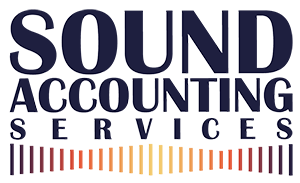A hard-earned reputation
Any business which works hard to gain customer satisfaction wants to trade on that solid reputation wherever possible. Plus many people like to know what others think about their experience with a particular business before putting their money its way. So let’s suppose that you’ve received numerous written compliments, recommendations and referrals over the years and know that you knock the socks off your competitors.
Telling the world
It’s been suggested that you use this selling point in a direct marketing campaign – something like “We’re the best – our clients would recommend us” . Is this terminology acceptable or an invitation for trouble? In the UK, the Committees of AdvertisingPractice (CAP) write and maintain various advertising codes; these are then regulated by the Advertising Standards Authority (ASA).
Recent case law
In March 2015 the ASA gave its decision on an ad run by G2S Group Ltd which was said to be misleading. It said: “WE ARE THE BEST… reassuringly better than all other window and door companies… our doors are better and more secure than any other door… 9 OUT OF 10 CUSTOMERS have recommended G2S to a friend or family member.” When questioned about the ad by the ASA, GS2:
- claimed that several of the services it offered were above the standard of its competitors
- provided its own market research on what qualities made its services superior and a table comparing competitors’ offers against its own
- explained that its “unique method of installation” meant that the product it supplied was more secure than any other on the market; and
- pointed to customer satisfaction questionnaires which it said supported its “9 out of 10” claims.
The ASA’s decision
The ASA concluded that the ad was misleading because: (1) there was no independent evidence that supported the claims made, i.e. being the best was merely G2S’s opinion; and (2) the endorsements in the client satisfaction questionnaires could not be substantiated.
Tip 1. The ASA’s decision is not surprising because when it considers comparativeclaims and, in particular, superlative claims, it requires robust, independent evidence that strongly supports what’s being said.
Tip2. If you’re planning on any non-broadcast advertising, sales promotion or direct marketing campaign, your material must fully comply with the CAP Code (see The next step ).
Tip 3. If you’re unsure whether your promo material is legally acceptable, it can be submitted to a CAP advisor who should respond with confidential advice within 24 hours (see The next step ). This service is free of charge. Should your ad then be referred to the ASA, e.g. by a disgruntled competitor, you will be able to say that you went ahead on CAP’s advice.
Reproduced with the permission of Indicator – FL Memo Limited. For subscription information call 01233 653500
